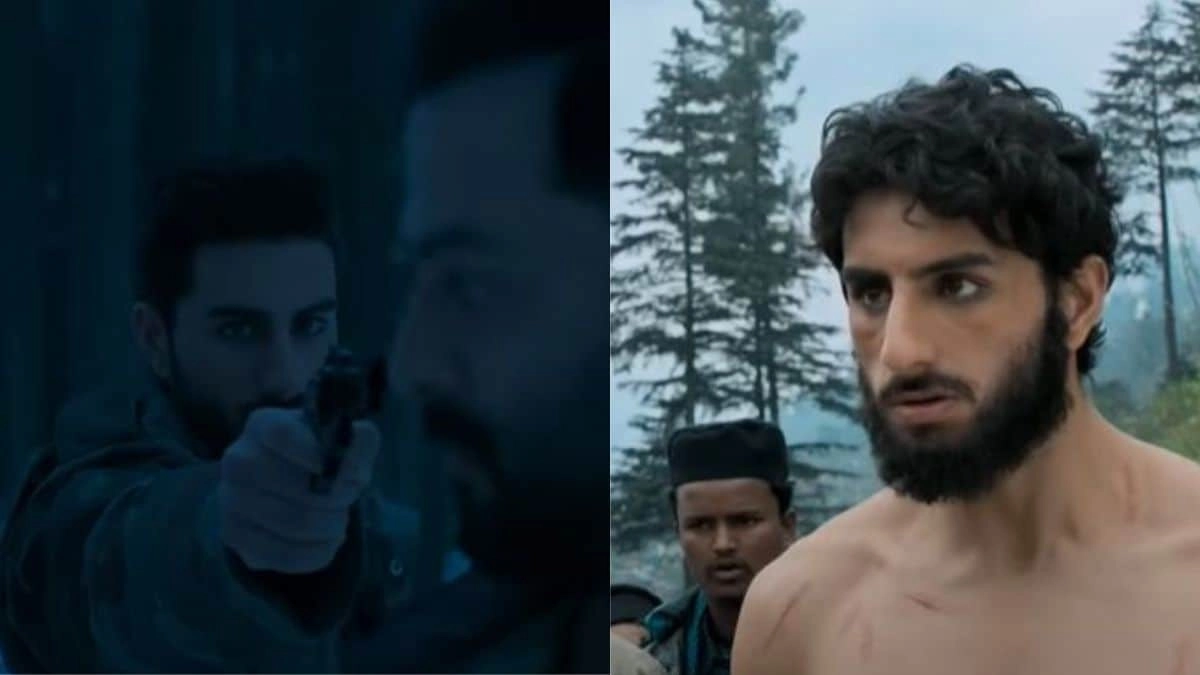Tahawwur Rana, a Pakistani-Canadian businessman, is currently detained in a highly secure 14×14 feet cell, equipped with 24-hour surveillance. This arrangement reflects the serious nature of the charges against him, which include conspiracy to provide material support to a terrorist organization and involvement in a plot that resulted in the 2008 Mumbai attacks. The confined space of his cell, combined with constant monitoring, is indicative of the authorities’ efforts to ensure that he does not pose any further threat while awaiting trial. The tight security measures also underscore the high-profile nature of his case, which has drawn significant media attention and public scrutiny.
The conditions of Rana’s imprisonment are stark and intended to prevent any escape or undue influence on potential witnesses. His small cell is devoid of any luxuries, emphasizing the gravity of his situation. The 24-hour surveillance is meant to deter any attempts at communication with the outside world that could compromise the legal proceedings against him. This level of monitoring is not uncommon for individuals accused of serious crimes, especially those with alleged ties to terrorist activities. The authorities are keenly aware of the implications that Rana’s case holds for international relations, particularly between the United States, India, and Pakistan.
Rana’s legal team argues that the conditions of his confinement violate human rights standards, claiming that the isolation and constant surveillance can have detrimental effects on his mental well-being. They contend that the punitive nature of his detention is disproportionate, given that he has not yet been convicted of any crime. However, the prosecution maintains that such measures are necessary to ensure public safety and to uphold the integrity of the judicial process. As the case unfolds, Rana’s imprisonment serves as a poignant reminder of the complexities surrounding issues of terrorism, national security, and individual rights, prompting ongoing debates about the balance between security and civil liberties in contemporary society.
Ultimately, the manner in which Tahawwur Rana is being held raises important questions about the treatment of individuals accused of terrorism-related offenses. The stringent conditions of his 14×14 feet cell and the unyielding 24-hour surveillance reflect the broader challenges faced by legal systems in dealing with cases that straddle the line between national security and individual rights. As Rana’s trial approaches, the spotlight will remain on the legal proceedings and the implications they have for both his future and the ongoing discourse surrounding terrorism, justice, and human rights.




